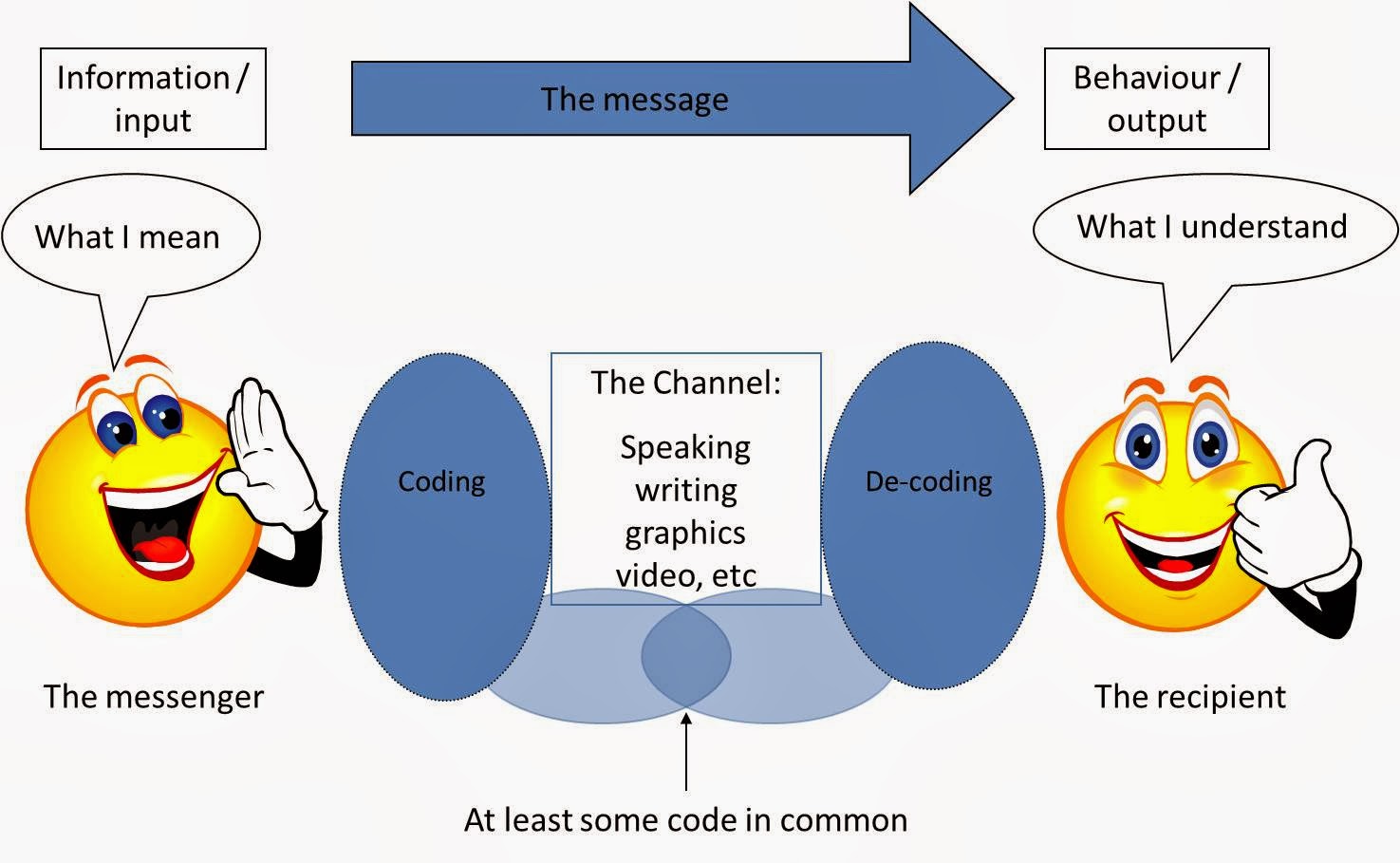Implications of Knowledge for Curriculum Construction
The implications of knowledge for curriculum construction
are profound, influencing educational programs' content and pedagogy. A well-constructed curriculum should reflect a deep understanding of
the knowledge it aims to impart, considering its relevance, application, and
the needs of learners. Here's a pointwise list of these implications with
explanations and examples:
1. Alignment with Educational Goals
- Explanation:
The curriculum must align with overarching educational goals, which are
often shaped by societal needs, employment markets, and individual
fulfilment.
- For example, STEM (Science, Technology, Engineering, and Mathematics) curricula have
been emphasised globally to address the growing demand for skilled
professionals in these fields.
2. Incorporation of Core Concepts and Skills
- Explanation:
Identifying and integrating core concepts and skills fundamental
to a discipline ensures learners develop a solid foundation.
- Example:
In a mathematics curriculum, core concepts include understanding numbers, operations, and problem-solving strategies.
3. Interdisciplinary Approach
- Explanation:
Knowledge is increasingly interdisciplinary, reflecting the natural world's interconnectedness of issues and subjects.
- Example:
Environmental science curricula integrate biology, chemistry, geography,
and social studies to address complex environmental issues.
4. Cultural Relevance and Inclusivity
- Explanation:
Curricula must respect and reflect the cultural diversity of learners,
promoting inclusivity and relevance.
- Example:
Literature curricula that include diverse authors and
perspectives foster a more inclusive understanding of the human
experience.
5. Adaptability to Changes in Knowledge
- Explanation:
Knowledge evolves, and curricula must be flexible to incorporate new
findings, theories, and practices.
- Example:
The inclusion of computer science from an early age reflects technology's rapid
development and importance in society.
6. Development of Critical Thinking and Problem-Solving
Skills
- Explanation:
Beyond factual knowledge, curricula should aim to develop learners'
ability to think critically, analyse information, and solve complex
problems.
- Example:
Project-based learning in science subjects where students must design
experiments and solve real-world problems.
7. Preparation for Lifelong Learning
- Explanation:
With the pace of change in knowledge and skills requirements, curricula
should prepare students for the next educational step or job and a lifetime of learning.
- Example:
Teaching methods emphasising learning how to learn, such as
metacognitive strategies and self-assessment practices.
8. Integration of Technology and Digital Literacy
- Explanation:
As digital technology increasingly permeates all areas of life, curricula
must include digital literacy to prepare students for the future.
- Example:
Courses on coding, digital citizenship, and educational
technology tools.
9. Ethical Considerations and Social Responsibility
- Explanation:
Education should include the ethical implications of knowledge and its
application, preparing students to use knowledge responsibly.
- Example:
Discussions on the ethical use of AI in computer science courses or the
impact of scientific research on society in biology classes.
10. Personalisation and Differentiation
- Explanation:
Recognising that learners have diverse needs, backgrounds, and learning
styles, curricula should allow personalisation and differentiation.
- Example:
Flexible curriculum paths that offer choices in topics or projects based
on students' interests and abilities.
In constructing curricula, educators and policymakers must
carefully consider these implications to create educational experiences that
are meaningful, relevant, and effective in preparing learners for the
challenges and opportunities of the future.



Comments
Post a Comment